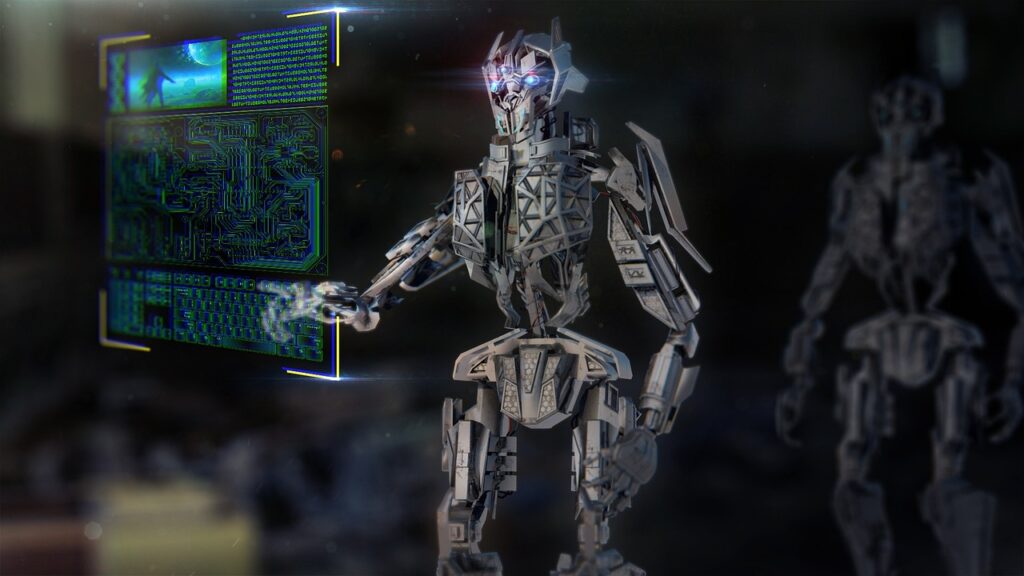
In today’s digital age, content creation has become an integral part of marketing and communication strategies. As technology continues to advance, the role of artificial intelligence (AI) in producing quality content is becoming increasingly prominent. Harnessing the potential of AI can significantly streamline the content creation process and help businesses and organizations produce high-quality, engaging content at a larger scale than ever before.
AI has the capability to analyze and understand vast amounts of data, enabling it to generate insights and trends that can inform content creation. This can be particularly beneficial in the realm of data-driven content marketing, where content is crafted based on audience behaviors and preferences. By employing AI to analyze customer data, businesses can gain valuable insights into what types of content resonate with their target audience, allowing them to tailor their content strategy accordingly.
One of the most evident ways AI is used to produce quality content is through content generation tools. These tools have the ability to produce written content based on specific input, such as keywords, topics, or desired tone. While there are certainly limitations to the capabilities of AI-generated content, it can be an effective way to produce large volumes of content quickly, ideal for scenarios where time is of the essence.
In addition to text-based content, AI is increasingly being used to create visuals and multimedia content. AI-powered tools can generate and manipulate images, create engaging infographics, and even produce videos based on predefined parameters. This capability allows for the creation of visually appealing and shareable content that can help businesses stand out in a crowded digital landscape.
When it comes to harnessing the potential of AI to produce quality content, there are several tips and best practices to keep in mind. Firstly, it’s important to understand the limitations of AI-generated content. While AI can certainly aid in content creation, it’s not a substitute for human creativity, emotion, and critical thinking. Businesses should use AI-generated content as a supplement to their overall content strategy, rather than a replacement for human-generated content.
It’s also crucial to ensure that AI-generated content aligns with brand voice and values. Businesses should carefully review and edit AI-generated content to ensure it accurately reflects their brand identity and messaging. While AI can streamline the content creation process, human oversight is still necessary to maintain quality and consistency in the content produced.
Moreover, businesses should invest in the right AI tools and platforms that align with their specific content needs and objectives. There are numerous AI-powered content creation tools available, each with its own strengths and limitations. Businesses should carefully evaluate their options and choose the tools that best suit their content goals and budget.
In conclusion, harnessing the potential of AI to produce quality content can significantly enhance a business’s content creation capabilities. From analyzing data to generating written and visual content, AI offers a myriad of opportunities to streamline and improve content creation. By understanding the capabilities and limitations of AI, businesses can effectively integrate AI into their content strategy to produce high-quality, engaging content at scale. With the right tools and strategies in place, AI can be a powerful ally in driving content marketing success.







